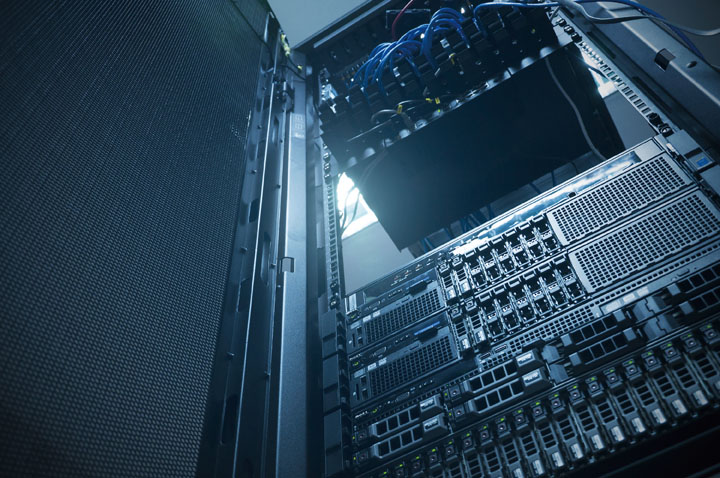Seamless Interoperation and Fast Rollout: A Thriving Storage Ecosystem Co-built with Partners
This site uses cookies. By continuing to browse the site you are agreeing to our use of cookies. Read our privacy policy>
![]()
Enterprise products, solutions & services

Enterprise data centers are complex environments made up of a variety of products from different vendors. There are two reasons for this: the abundant selection of Information Technology (IT) products and vendors in the market, and the phased nature of data center construction. As a result, compatibility is a major consideration when CIOs purchase new data center equipment. It must be compatible with existing production systems, as well as with any new equipment introduced during future service expansion. For vendors, product compatibility is also crucial for surviving fierce competition.
Huawei places great importance on developing a smooth ecosystem for its storage products. With an industry-leading interoperability lab, Huawei provides end-to-end compatibility services throughout the product lifecycle. In addition, it works with mainstream IT partners to build an open, mutually beneficial ecosystem that provides reliable IT infrastructure solutions for customers.
To date, the Huawei OceanStor supports over 1 million IT application compatibility entries and has been certified by thousands of leading vendors. It covers the vast majority of compatibility scenarios encountered by enterprises. Huawei products, therefore, can be rapidly and seamlessly integrated into customers’ existing IT environments. This broad interoperability ensures the value of customers’ hardware investments. It also shortens the Time-To-Market (TTM) for new services, and enables customers to quickly respond to changes.
The IT industry is always on the change. To meet the requirements of ever-evolving data center ecosystems, Huawei has continued to invest heavily in its interoperability lab to ensure ecosystem interoperability.
Since its inception, Huawei’s OceanStor ecosystem has undergone continuous expansion and rapid growth. It not only focuses on technical analysis and scenario verification of basic compatibility capabilities, but also proactively participates in the standards formulation hosted by the Storage Networking Industry Association (SNIA) and the Fibre Channel Industry Association (FCIA). Huawei contributes to the OpenStack community, and cooperates with established and emerging IT vendors. In 2018, the company completed Veeam snapshot integration and backup certification, and conducted mutual certification with NetApp OCI NMS, SolarWinds SRM NMS, and HDS VSP storage gateway. Gartner, various industry organizations, and customers continually recognize Huawei’s ecosystem capabilities. In both 2017 and 2018, Gartner placed Huawei in the Leaders quadrant for storage ecosystem rankings.
Building an ecosystem involves continuous and painstaking efforts. Huawei is fully aware of this, and its continuous interoperability investments for OceanStor ensure seamless integration and rapid rollout in data centers. Without changing existing IT system architectures, enterprises can deploy the latest Huawei storage technology.
Moving forward, Huawei will work with IT partners in an open, cooperative, and mutually beneficial manner to ensure ongoing investments in ecosystem development. It will continue to enhance OceanStor’s competitive edge by helping customers resolve compatibility problems and protect their deep investments in storage systems.